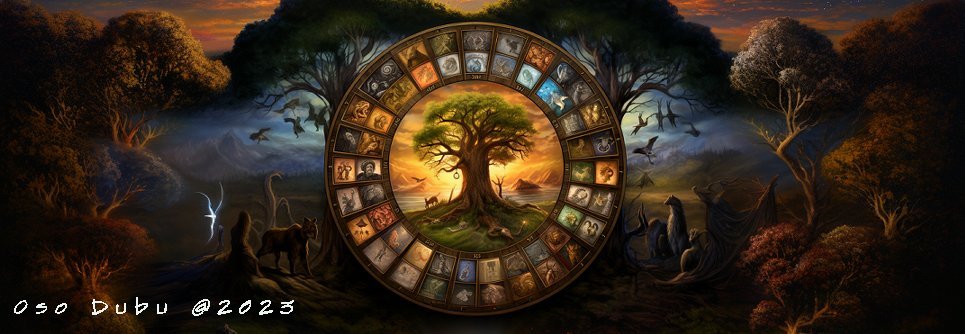Misconceptions about Paganism, Wicca and Witchcraft
There are many misconceptions and misunderstandings about paganism, Wicca, and witchcraft that have been perpetuated throughout history. Here are a few common misconceptions:
-
Pagans, Wiccans, and witches worship the devil: This is a common misconception that stems from the historical association of witchcraft with Satanism. However, pagans, Wiccans, and witches do not worship the devil or any other malevolent entities. They often honor multiple deities or divine forces and may focus on a goddess-god duet, or not align with deities at all.
-
Pagans, Wiccans, and witches are all the same: While there is overlap between the different practices and traditions, paganism, Wicca, and witchcraft are distinct spiritual paths that have their own beliefs and practices. Wicca is a specific form of witchcraft and paganism, and not all pagans or witches are Wiccans, and vice versa.
-
Pagans, Wiccans, and witches practice evil magic: This is another common misconception that comes from the historical association of witchcraft with malevolent magic and evil intentions. In reality, many pagans, Wiccans, and witches focus on the use of magic for positive and ethical purposes, such as healing and personal growth.
-
Pagans, Wiccans, and witches are all members of a coven: Covens are groups of individuals who practice together, but not all pagans, Wiccans, or witches are part of a coven and some may choose to practice alone or in smaller groups.
-
Pagans, Wiccans, and witches are all non-religious: While some may not identify as religious, many pagans, Wiccans, and witches do have religious practices and beliefs that are deeply important to them.
It's important to note that these misconceptions can be harmful and disrespectful, and it's important to remember that pagans, Wiccans, and witches are individuals who have their own unique beliefs and practices. It's important to respect the diversity and individuality of each person, and their spiritual path.
